Audio
Christo Sarantakis of Vision Australia
Ablequest by
2RPH3 seasons
26 January 2024
14 mins
Vision Australia's Christo Sarantakis talks of his life, blindness and assistive tech changes.

Ablequest is a series of 15 minute programs which examines developments in assistive technology and initiatives for those people living with a wide range of disabilities. Presented by Barbara Sullivan, Marni Roper and Elaine Wziontek.
In this edition: Christo Sarantakis has been totally blind since birth. He talks to Elaine Wziontek about his early years learning braille, then finding work as a switchboard operator and volunteering for 2RPH as well as working for Vision Australia helping others who are visually impaired. He discusses how technology has changed in the past 50 years.
Original broadcast date: 26.01.24
Speaker 1 00:04
With information on the latest developments in assistive technology and initiatives from the studios of 2RPH in Sydney, RPH Australia brings you AbleQuest.
Speaker 2 00:20
Thanks for watching!
Speaker 1 00:23
Our guest today is Christo Sarantakis. He is totally blind with his vision lost in a humidity crib way back in the 60s when tiny infants were given too much oxygen. It saved their lives but sometimes caused blindness.
Speaker 1 00:38
Christo spent his early years in boarding school, living at the Royal New South Wales Institute for Deaf and Blind Children at North Rocks. He later attended mainstream high school and worked as a switchboard operator and for nine years was a volunteer receptionist for 2RPH.
Speaker 1 00:56
His role now is frontline customer support officer for Vision Australia. Elaine Wziontek asked him about how he uses technology in his work and life and what has changed over his lifetime.
Speaker 3 01:09
Krista, you've been a friend of 2RPH for a long while now and it's great to have you on the program, NeighborQuest.
Speaker 2 01:17
Thank you Elaine, it's really good to be asked to be on the program.
Speaker 3 01:22
So you've been totally blind since birth, so you must have learnt typing schools at school using Braille. What was that like?
Speaker 2 01:30
I first learned Braille from the age of five. I started learning the letters of the alphabet, and then there were word signs and things like that. And then grade two Braille, which is like contractions, which is like certain contractions would be a whole word as Braille takes up a lot of space.
Speaker 3 01:55
Uh -huh, and was that difficult to learn?
Speaker 2 01:58
The same is probably as a child who learns to read or write.
Speaker 3 02:05
And were there talking typewriters back then?
Speaker 2 02:08
Not that I know of, back in 1974 when I started school, we just learnt Braille on a Perkins Brailler.
Speaker 3 02:19
And what school were you at?
Speaker 2 02:21
Northrucks Imperial School for Deaf and Blind Children.
Speaker 3 02:24
And after school, what was your first job?
Speaker 2 02:28
When I turned 18, I had my first job working in a solicitor's office out at Mount Druid. I used to travel on one bus and two trains to get to work. I used a white cane back then.
Speaker 3 02:46
And was there any tech back then?
Speaker 2 02:49
There was, I didn't use any computers or anything like that in my job on the switchboard. I didn't have to take any notes or anything, it was just transferring calls. I used a light probe which was a little thing that I held in my hand like a pencil and I'd run it over the lights on the board and when a light lit up or when I found the light that I had to flick the switch to answer the call, it would make a different sound.
Speaker 3 03:24
So you had some vision or some light sense at that point.
Speaker 2 03:29
Well, I had light perception, but I couldn't see the board. I had to use the light probe to tell me where the lights, the one to which would be above the actual lever.
Speaker 3 03:43
So phones have improved a lot in your time. We've got screen readers and larger type. So it's opening up a bigger world for you, isn't it?
Speaker 2 03:53
it is. It's changed a lot since when I was at school and Braille's still important and even though it was the only thing that I used throughout my schooling it still is important because it is our language like print is for a sighted person.
Speaker 2 04:16
The screen reading software is another means of being able to use a computer but Braille is still important because it teaches you your spelling and your grammar and all that kind of thing where when you're using a screen reader you do know what's on the screen when you're typing but it doesn't give you the same or doesn't give me the same as what I am when I'm reading Braille it's a different experience.
Speaker 3 04:50
It's a bit like sighted people having the feel of a newspaper on reading articles online.
Speaker 2 04:57
probably would be. It exercises your brain a bit. You feel totally different when you're reading Braille. Just got back into it during COVID because I didn't have any Braille devices and a friend of mine from work at Vision Australia was a proofreader and she got me into it and then I just went from there.
Speaker 3 05:23
Mm -hmm.
Speaker 2 05:23
and bought one of my own.
Speaker 3 05:26
And now you're working at Vision Australia, I believe you've been there about 14 years.
Speaker 2 05:30
I have.
Speaker 3 05:31
and you're a frontline customer support officer.
Speaker 2 05:34
That's it.
Speaker 3 05:35
And what does that involve?
Speaker 2 05:37
I answer calls from the general public, different professions, some are families, people themselves that are losing their vision and doctors and people from all different walks of life. Losing your vision, it doesn't matter what age, it can happen any age, not necessarily someone who's old.
Speaker 3 06:03
Well, for you, you were a baby, weren't you?
Speaker 2 06:05
Yeah, the one thing that's interesting though is that you don't hear much about people losing their sight in humidicribs these days. A lot of it now is either macular degeneration or glaucoma or even accidents, trauma and things like that.
Speaker 3 06:25
Would you say technology is a major part of your life, because I understand you're into Google devices, Google Home and Alexa and the Daisy devices?
Speaker 2 06:35
Oh yes, I live on my own, so I've got to have something to do. I like to fiddle with things, and I just got into these Google homes and Alexa devices just recently. A friend of mine who's had them for about five years has been trying to get me onto them.
Speaker 2 06:53
But I tend to use my iPhone and my iPad a lot. More so the iPhone, I tend to use it for emails and text messaging and making calls. It's really come a long way, technology, and although as far as computers, like anybody, when it's not working, it's not good.
Speaker 2 07:16
But technology is wonderful. It's really made a big difference to blind and people who have a vision impairment.
Speaker 3 07:28
I looked at the website for Vision Australia and they talked about all those talking books as talking microwaves and now talking bathroom scales.
Speaker 2 07:37
I've actually got a set of them myself.
Speaker 3 07:40
Oh, what made you do that?
Speaker 2 07:42
I just got it in the cupboard upstairs and I get it out when I feel like it. Sometimes I don't feel like it because I don't really want to know how heavy I am.
Speaker 3 07:51
What about the talking microwave?
Speaker 2 07:54
No, I don't have a talking microwave. I actually was listening to a program, a podcast actually, on, it was a Breville, it was called a CombiWave, which it was a three in one. And I got someone, a friend of mine sent me a document with, because he had one himself, and he sent me the manual in Word, and I copied it and pasted onto my Braille device.
Speaker 2 08:24
And then I actually made some notes of my own on how to operate it. And it's a microwave, an oven and an air fryer, all three in one. And it works for you. Thank you.
Speaker 3 08:41
It does. What about digital talking books?
Speaker 2 08:44
I tend to use audible a bit.
Speaker 3 08:47
Mm -hmm.
Speaker 2 08:48
And I also belong to another book platform called Bookshare, which is in America. And I subscribe to that and I'd get my Braille books from there and also from Braille House up in Queensland.
Speaker 3 09:06
So, what do you think about the NDIS? Do you get any assistance from them to buy any technology?
Speaker 2 09:12
I do. I've got one of my Braille devices through NDIS. I bought the other one out of my own pocket, which I didn't mind doing. They're quite pricey. One was about $8 ,000. And it's the same as the Mini one I've got now, but it's just a smaller version.
Speaker 2 09:31
And I've got my Braille Sense Mini through NDIS, which I take with me everywhere so I can write with it or I can just read with it.
Speaker 3 09:43
So is there a technology associated with Braille?
Speaker 2 09:46
that there is the Braille sense. There's a lot of different devices with a Braille display. You hook that up to a computer or you can Bluetooth it to a mobile phone or you can have standalone devices which are more or less like a Braille computer.
Speaker 2 10:05
So you actually have to switch it on and it boots up and then you've got your different programs like your own word processor and file manager and all that sort of thing. And so you can write on that.
Speaker 2 10:22
And it has a Braille display which is all the Braille cells below the keyboard.
Speaker 3 10:31
So has technology helped you manage other challenges, such as you mentioned that you live alone, so you can't ask somebody for help if you can't see your way somewhere. And what about holidays? Can you have holidays when you're blind?
Speaker 2 10:43
you can. I haven't been on a lot lately. I did go with a support worker up to Darwin for five days and that was pretty good.
Speaker 3 10:56
Yeah.
Speaker 2 10:57
And another time, actually, I've got to tell you, my first time I went away and met people at the other end and stayed with people. But I've got to tell you about the time I was driven, driven as in my determination.
Speaker 2 11:14
I had a friend who I went to school with in high school, I went to a mainstream school and he was living in Perth. He moved over there. And so it gave me the determination to go over there on my own.
Speaker 3 11:33
Mm -hmm.
Speaker 2 11:33
And it was quite scary, actually, because I got on the plane and I thought, Oh my, what am I doing? Cause I wasn't meeting anybody at the other end, although I had somebody who was driving me to the hotel and I stayed in the hotel and I was on my own and, and I was there for five days and I did a few trips and I actually had a, a chauffeur like from a called air link.
Speaker 2 11:58
And, uh, I had him for a few days and he picked me up from the hotel and we went down to Fremantle and then one day we got the ferry over to Rottnest Island. And there was one day I did go on my own and got a cab down to the wharf there somewhere in the city there and got a, a captain cook crews up that the, uh, swan river up to the canning river, which was about a three hour cruise.
Speaker 2 12:30
And then came back when I got back to Sydney, I was really, uh, you live on adrenaline all the time when you're on your own and, um, I honestly don't know how I did it. I probably wouldn't do it again.
Speaker 2 12:44
Now it took a lot of, it took a lot of energy.
Speaker 3 12:48
We talked before that you've been a friend of 2RPH for a long time, so do you still listen to 2RPH?
Speaker 2 12:53
I do and I got to know about 2RPH when I was in high school. My science teacher, I had Ty Summers, he was a reader on 2RPH and also Alex McNish, he was a blind gentleman who was on the board and he's no longer with us now but people with 2RPH would remember him.
Speaker 2 13:19
He was my careers advisor at high school. They told me about 2RPH and I just got a bit involved in volunteering as a receptionist in the year 2000 and I was there for nine years and I really enjoyed it.
Speaker 2 13:39
That's met a lot of people and still keep in touch with people today. It's like family and becoming a member again is like joining the family again.
Speaker 3 13:52
Welcome back to the family and thanks very much for your time today.
Speaker 2 13:56
Well, thank you, Elaine. It was really good to be on. Thank you. Bye.
Speaker 3 14:01
and that was Christo Sarantakis, former volunteer with 2RPH, who now works for Vision Australia.
Speaker 1 14:14
You have just been listening to AbleQuest, a program that looks at developments in assistive technology and initiatives. From Elaine Wziontec and Barbara Sullivan, thank you for listening, and goodbye till next program.
Continue listening

Blind Sports Australia CEO Matt Clayton speaks about its work with blind and vision impaired athletes across 21 sports.
Matt Clayton - Blind Sports Australia
Ablequest by 2RPH
5/5/2023
•13 mins
Audio

Vivid, Sydney's celebration of creativity, seen from a disability access focus by its director.
Gill Minervini - Vivid
Ablequest by 2RPH
19/5/2023
•14 mins
Audio

This program discusses dance movement therapy and how it works - featuring Cecilia King of the Dance Therapy Association.
Cecilia King - Dance Therapy
Ablequest by 2RPH
14 mins
Audio

What are the challenges of providing audio description on Oz TV? Hear Lauren Henley, Aust Federation of Disability Organisations.
Lauren Henley - Audio Description
Ablequest by 2RPH
16/6/2023
•14 mins
Audio

In Part 1 of a 2RPH interview, assistive tech expert David Woodbridge explores latest innovations to make everyday life easier.
David Woodbridge - Tech Update Part 1
Ablequest by 2RPH
30/6/2023
•14 mins
Audio

Features Robert Duff-Silsby of Luddi, Perth company developing assistive devices for all people and bodies.
Robert Duff-Silsby - Sexual Wellbeing
Ablequest by 2RPH
13 mins
Audio

In Part 2 of this conversation with 2RPH's Ablequest, expert David Woodbridge reviews latest assistive technologies.
David Woodbridge - Tech Update Part 2
Ablequest by 2RPH
28/7/2023
•14 mins
Audio

Matt Clayton of Blind Sports Australia and the Oz team's Chef de Mission, discusses the forthcoming World Blind Games in the UK.
Matt Clayton - World Blind Games
Ablequest by 2RPH
11/8/2023
•13 mins
Audio

Prof Kim Marriott of the Monash Assistive Technology and Society Centre, talks about the purpose and work of the Centre.
Kim Marriott - Monash Assistive Technology and Society Centre
Ablequest by 2RPH
25/8/2023
•13 mins
Audio

Ablequest features an interview with Serena Ovens, new CEO of Assistive Technology Supplies Australia or "ATSA".
Serena Ovens - Assistive Technology Supplies Australia
Ablequest by 2RPH
14 mins
Audio

Part 1 of an interview on the voice-activated app, Bindi Maps.
Anna Wright - Bindi Maps (Part 1)
Ablequest by 2RPH
14 mins
Audio

This is Part 2 of an interview with Dr Anna Wright, explaining how Bindi Maps works.
Anna Wright - Bindi Maps (Part 2)
Ablequest by 2RPH
14 mins
Audio

Artist Ebony Wightman of disability-led We Are Studios talks about art and challenge.
Ebony Wightman - We Are Studios
Ablequest by 2RPH
20/10/2023
•13 mins
Audio

Prof. Leeanne Carey discusses the SENSe program, her team's world-first therapy to help stroke survivors.
Leeanne Carey - SENSe Therapy
Ablequest by 2RPH
2/11/2023
•13 mins
Audio

Youthworks Accessibility Minister Bec Baines talks of making church accessible to young people with disabilities.
Bec Baines - Youth and Worship
Ablequest by 2RPH
16/11/2023
•14 mins
Audio

Nikki Hind, Australia's first blind fashion designer, discusses her work.
Nikki Hind: Blind Grit
Ablequest by 2RPH
1 December 2023
•14 mins
Audio

Dr Dimity Williams, family GP, recommends spending more time in nature - and a "green hour" each day.
Green Hour: Dr Dimity Williams
Ablequest by 2RPH
5 December 2023
•14 mins
Audio

Imagine sitting in a wheelchair for hours, being unable to move your fingers or arm to do simple things like pick up a glass.
Konstanze Hager - Bateo
Ablequest by 2RPH
Konstanze Hager - Bateo
•14 mins
Audio

Action Audio is a new language being created to transcend sport.
Machar Reid - Action Audio
Ablequest by 2RPH
Machar Reid - Action Audio
•14 mins
Audio

What a difference one person with experience, passion and energy can make to many lives.
Julie Ross-Edwards - Head High
Ablequest by 2RPH
Julie Ross-Edwards - Head High
•14 mins
Audio

Driver educator outlines what's needed for a person with disability to get a driver's licence.
Ronak Shah: on-road driving education
Ablequest by 2RPH
12 January 2024
•14 mins
Audio

Vision Australia's Christo Sarantakis talks of his life, blindness and assistive tech changes.
Christo Sarantakis of Vision Australia
Ablequest by 2RPH
26 January 2024
•14 mins
Audio

Introducing Australia's first pictureless feature film, TOUCH, showing in Sydney.
Majella Knobel: "Touch" - open air movie
Ablequest by 2RPH
9 February 2024
•14 mins
Audio

An expert discusses the use of horticultural therapy for people with disabilities.
Steven Wells: horticultural therapy
Ablequest by 2RPH
23 February 2024
•14 mins
Audio

Features articles on latest blind-assistive tech including a new bus app and smart ear buds.
Assistive tech news catchup
Ablequest by 2RPH
8 March 2024
•14 mins
Audio

Features an innovative hospitality industry training program for people with disabilities.
Saraya O'Connell - Hotel Etico Independence Program
Ablequest by 2RPH
22 March 2024
•14 mins
Audio

Guests discuss the Obi robotic dining assistant for people with upper arm disabilities.
Hugh Kingley and Rachel Dekkar: Obi
Ablequest by 2RPH
19 April 2024
•14 mins
Audio

A spy-themed computer program tackles the mystery of social encounters - outlined by its company's CEO.
Kathleen Davey - Social Science Translated
Ablequest by 2RPH
3 May 2024
•14 mins
Audio

A Sydney organisation delivers creative arts and life skills to people with disabilities.
ChoppA Green - Studio Artes
Ablequest by 2RPH
17 May 2024
•14 mins
Audio

An award-winning Central Coast NSW disability service shares its successful strategies.
Lonestar Makoni - Breaking Barriers Disability Services
Ablequest by 2RPH
31 May 2024
•14 mins
Audio

Part 1 of a conversation with an Australian neuroscience research pioneer about benefits of music in brain injury recovery.
Professor Sarah Wilson (part 1)
Ablequest by 2RPH
14 June 2024
•14 mins
Audio

Part 2 of a conversation with a leading neuroscientist of benefits of music in brain injury recovery.
Professor Sarah Wilson (part 2)
Ablequest by 2RPH
28 June 2024
•14 mins
Audio

A CEO talks about his company's award-winning assistive physical therapy device.
Justin Keenan - LusioMate
Ablequest by 2RPH
12 July 2024
•14 mins
Audio

Information about a program teaching good cyber-security practices to make daily life safer.
Jess Wilson: Be Connected
Ablequest by 2RPH
26 July 2024
•14 mins
Audio

A veteran print disability broadcaster with macular degeneration shares her experiences.
Teresa Plane - 2RPH
Ablequest by 2RPH
9 August 2024
•14 mins
Audio

The founder of a blind-assistive technology company shares latest developments.
Peter Ford - Control Bionics (part 1)
Ablequest by 2RPH
6 September 2024
•14 mins
Audio

Part 2 of an interview with the head of an innovative blind-assistive technology company.
Peter Ford - Control Bionics (part 2)
Ablequest by 2RPH
20 September 2024
•13 mins
Audio

Looks at a project to better inform refugee and migrant women on AI.
Good Things - Jess Wilson
Ablequest by 2RPH
4 October 2024
•14 mins
Audio

An expert with lived experience corrects some widespread misconceptions about stuttering.
Dale Williams - Stuttering Awareness Day
Ablequest by 2RPH
18 October 2024
•14 mins
Audio

An inventor discusses his an innovative cane tip to help people with blindness or low vision.
Peter Rickards - Sensaball
Ablequest by 2RPH
15 November 2024
•13 mins
Audio

Part 1 of an interview with an Australian expert on low-vision-assistive technology, on AI and other developments.
David Woodbridge (part 1)
Ablequest by 2RPH
29/11/2024
•14 mins
Audio

Conclusion of an interview with a leading Australian expert on blind-assistive technology.
David Woodbridge (part 2)
Ablequest by 2RPH
13 December 2024
•14 mins
Audio

Looks at the leading stroke treatment work of the Royal Rehabilitation Hospital, Ryde NSW.
Jason Redhead and Graham Cooper of Royal Rehab Ryde
Ablequest by 2RPH
10 January 2025
•14 mins
Audio

An innovative social media platform aims to address isolation and loneliness in the disability community.
Steve Bear - Alvie
Ablequest by 2RPH
7 February 2025
•12 mins
Audio

Australia's largest provider of Auslan sign services outlines its important work.
Brett Casey - Deaf Connect
Ablequest by 2RPH
21 February 2025
•14 mins
Audio

Looks at an Australian organisation's work at helping men seek help and build self-awareness.
Tommy Herschell - Find Ya Feet
Ablequest by 2RPH
7 March 2025
•14 mins
Audio

A speech pathoplogist discusses her work with young people's complex communication needs.
Denise West - Scope
Ablequest by 2RPH
21 March 2025
•14 mins
Audio

A vision-impaired disability rights advocate talks of her work and learning podcast skills.
Freya Wolf
Ablequest by 2RPH
4 April 2025
•14 mins
Audio

A leading Australian eye researcher talks of his team's work in creating new hope for people with retinal damage.
Raymond Wong - Centre for Eye Research Australia
Ablequest by 2RPH
18 April 2025
•14 mins
Audio

A wheelchair-using business owner, facilitator and car rally driver shares experiences and insights.
Mel Harrison - Sitting Low, Reaching High
Ablequest by 2RPH
2 May 2025
•13 mins
Audio

Disability Pride Month in July promotes awareness about people with disability and also celebrates individuals with disability.
Hannah Solomons - Sydney Disability Pride
Ablequest by 2RPH
Hannah Solomons - Sydney Disability Pride
•14 mins
Audio
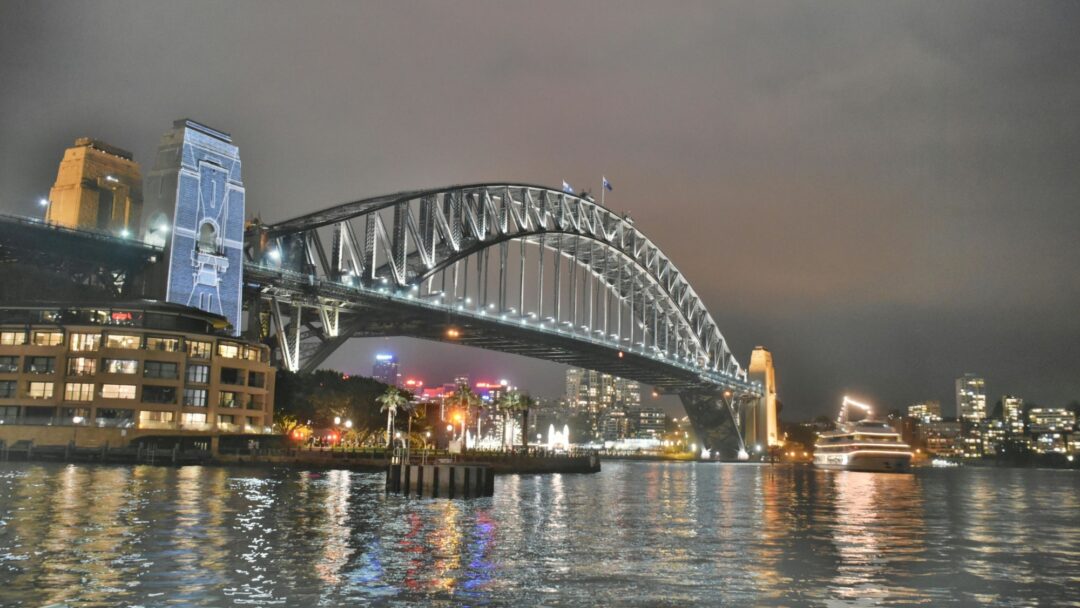
Deb Roach is a three-time pole dancing world champion yet she has only one arm.
Deb Roach
Ablequest by 2RPH
Deb Roach
•13 mins
Audio
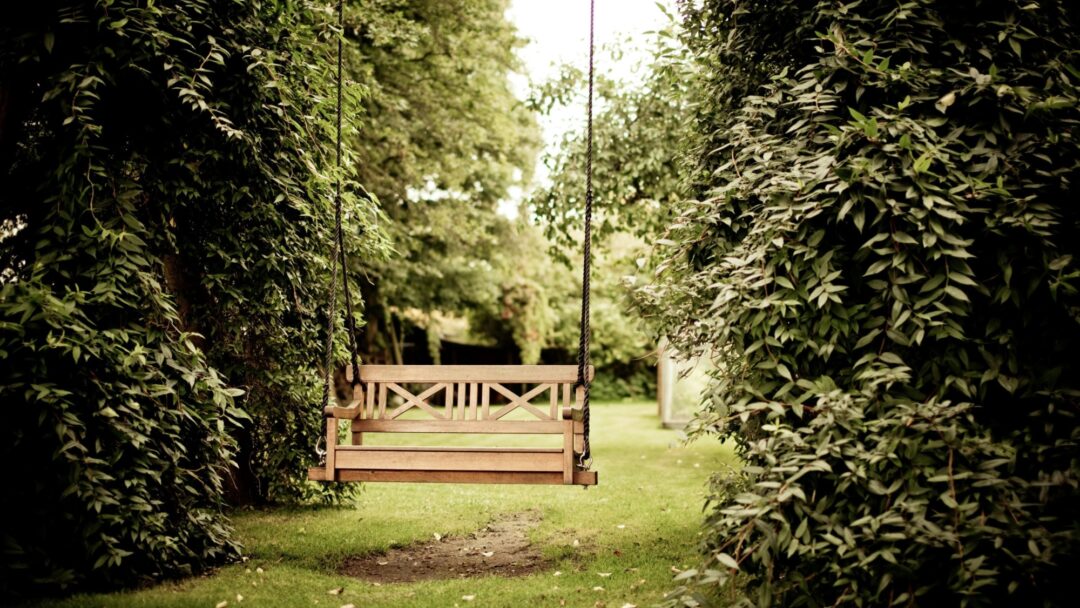
Being in nature is good for you whether it is being in the garden or walking along the beach.
Kayte Kitchen - Admirari Nature Therapy
Ablequest by 2RPH
Kayte Kitchen - Admirari Nature Therapy
•14 mins
Audio
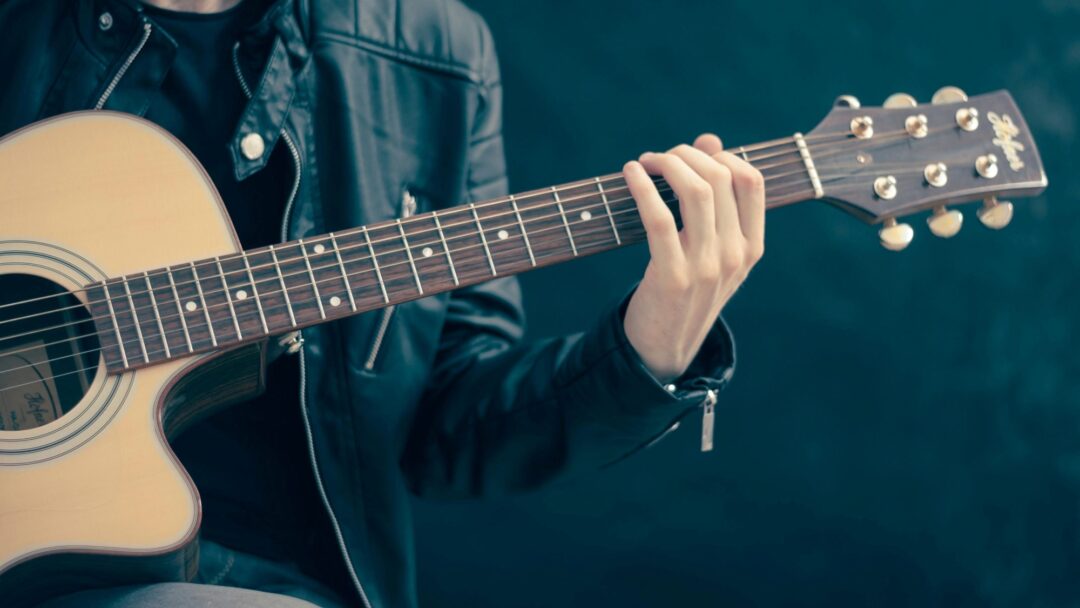
Music can evoke emotions that bring back memories and the same is true for people living with dementia.
Zara Thompson - Music Therapy
Ablequest by 2RPH
Zara Thompson - Music Therapy
•14 mins
Audio
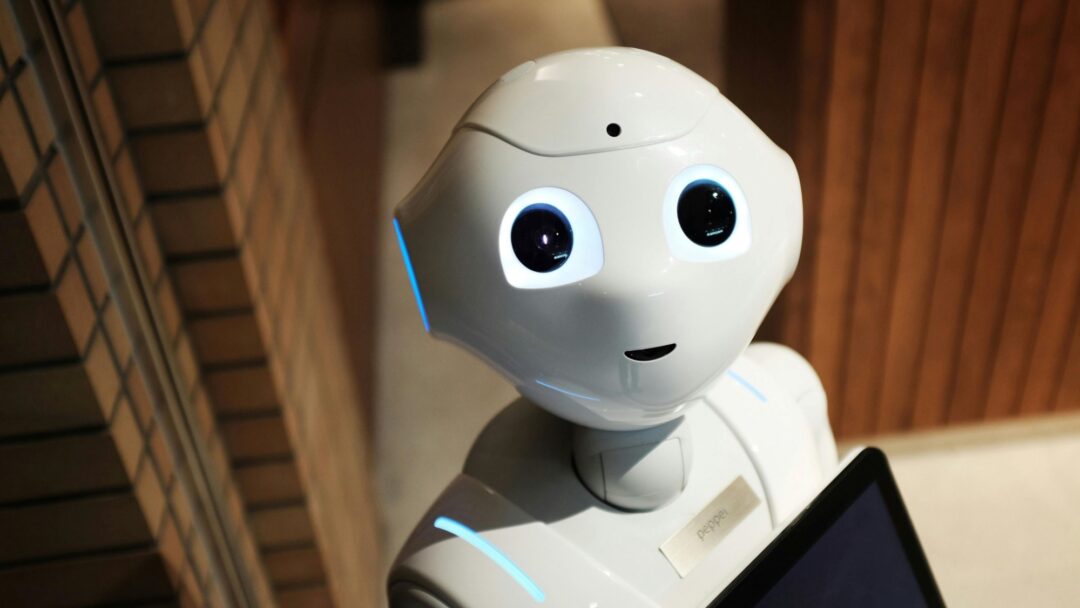
Laura Boccanfuso is founder and CEO of Van Robotics, a social robotics company based in South Carolina in the United States.
Laura Boccanfuso - Van Robotics
Ablequest by 2RPH
Laura Boccanfuso - Van Robotics
•14 mins
Audio
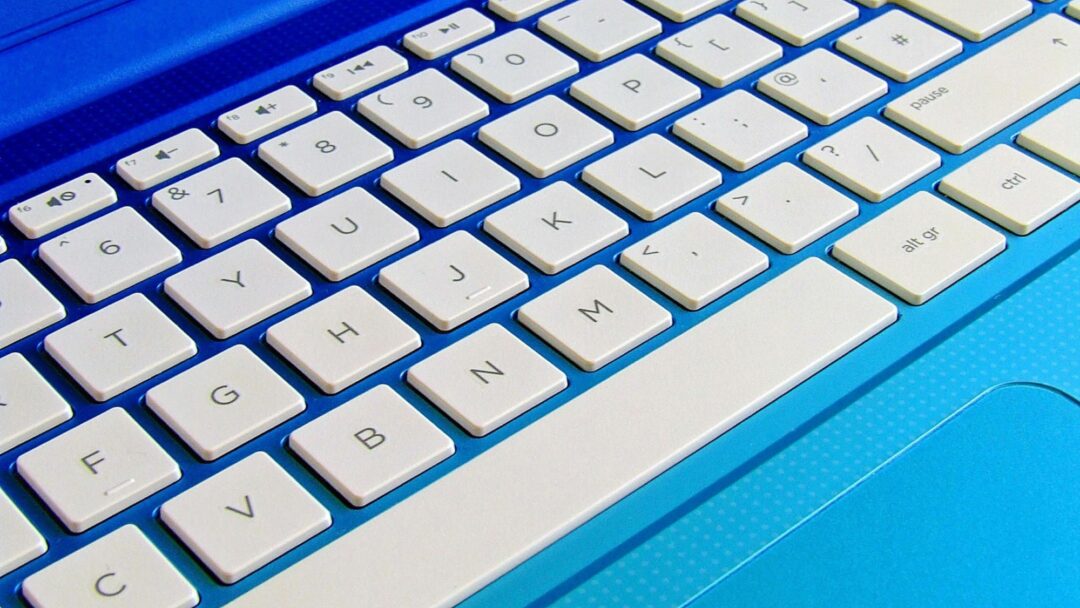
Two years ago Maggie O'Connell, in her mid 20's never had a full time job.
Maggie O'Connell - AFP
Ablequest by 2RPH
Maggie O'Connell - AFP
•14 mins
Audio
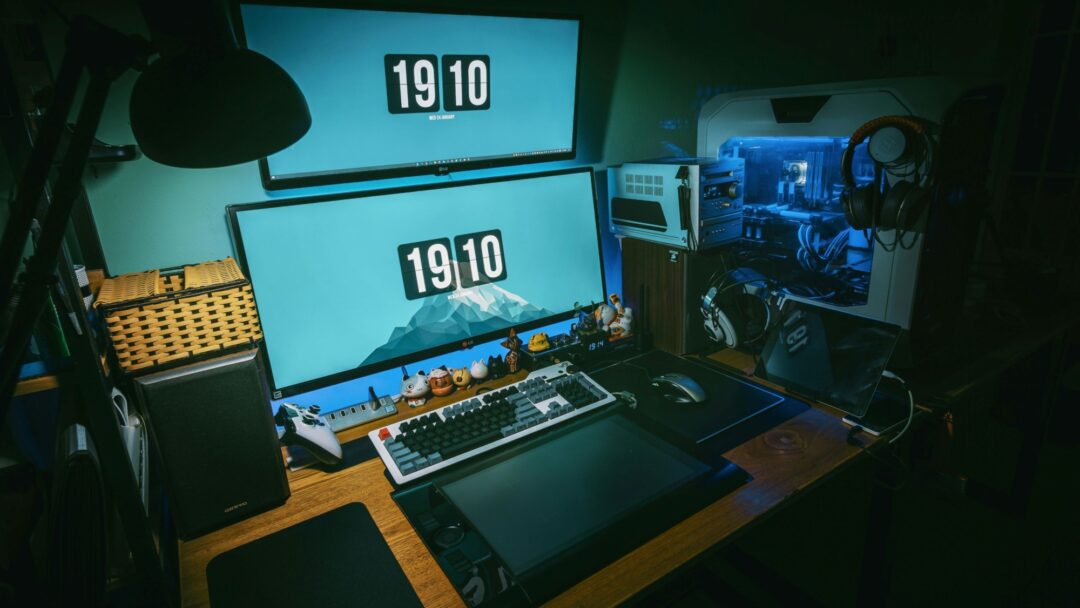
Julie Ross-Edwards, founder of Head High Disability Services, returns to Ablequest to speak more about Head High's philosophy and special approach.
Head High (Update)
Ablequest by 2RPH
Head High (Update)
•13 mins
Audio
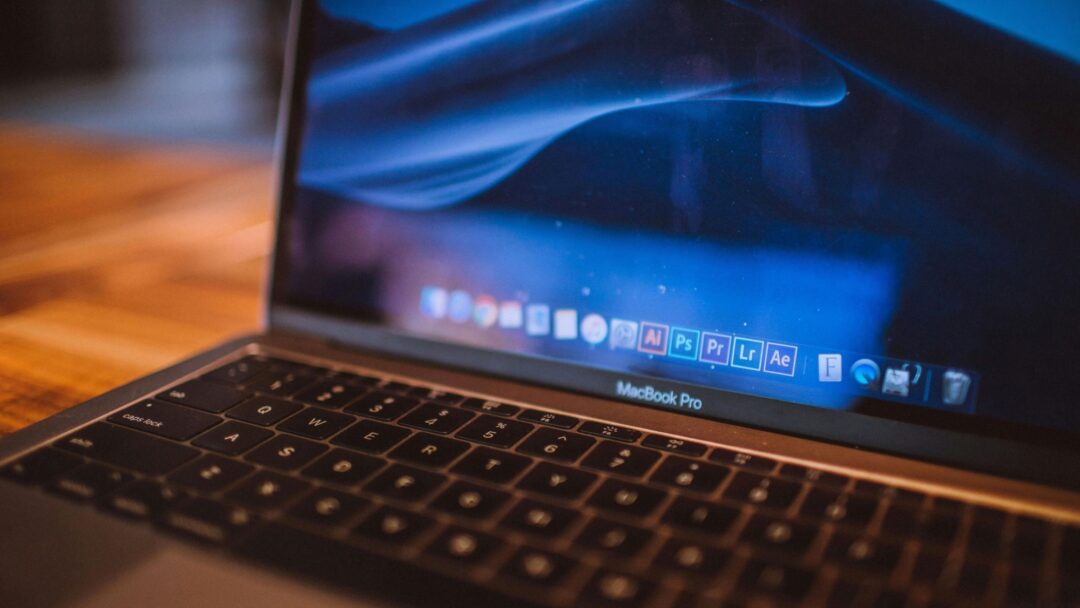
David Woodbridge, an expert in assistive technology for people with no or low vision, is a regular guest on Ablequest.
David Woodbridge
Ablequest by 2RPH
David Woodbridge
•14 mins
Audio

Pete Horsley is the Founder of Remarkable, a global start up and initiative of the Cerebral Palsy Alliance.
Pete Horsley - Remarkable Disability Tech Summit
Ablequest by 2RPH
Pete Horsley - Remarkable Disability Tech Summit
•14 mins
Audio